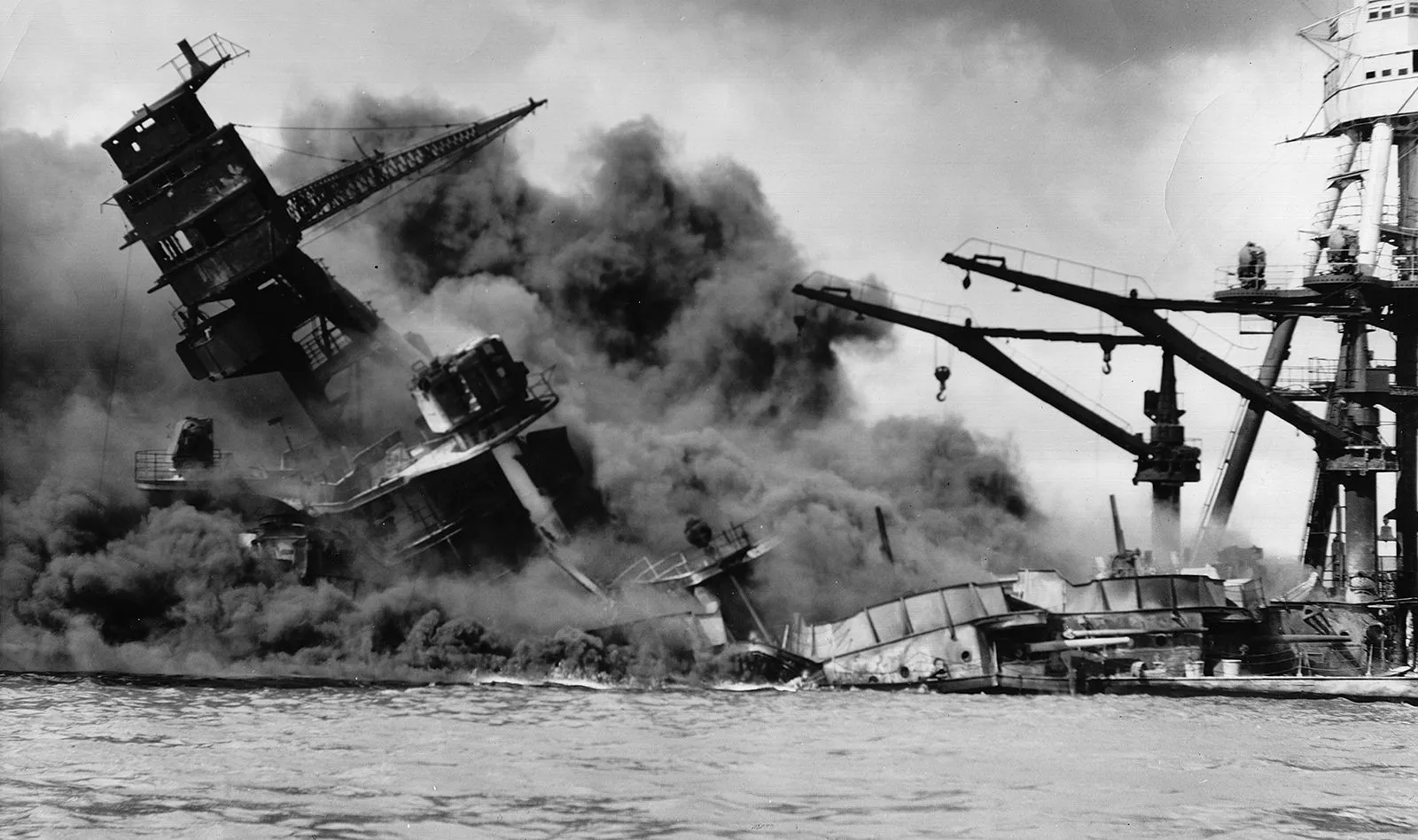Remembering December 7, 1941: The Day That Changed America Forever
On a serene Sunday morning that would forever alter the course of world history, the United States experienced one of its most devastating military attacks. December 7, 1941, emerged as a pivotal moment that would transform American society, military strategy, and global politics in ways no one could have anticipated.
The day began like any other peaceful morning at Pearl Harbor, Hawaii. Just before 8 a.m. local time, the tranquility was shattered by the roar of Japanese aircraft descending upon the U.S. Pacific Fleet. The surprise attack was meticulously planned and executed with devastating precision, catching American forces completely off guard.
A Devastating Assault
The statistics paint a horrific picture of destruction:
- Over 2,400 Americans were killed
- More than 1,000 individuals were wounded
- Nearly 20 naval vessels were destroyed or damaged
- Over 300 aircraft were decimated
The USS Arizona and USS Oklahoma bore the brunt of the attack, with the Arizona suffering a catastrophic explosion that claimed the lives of more than 1,000 brave crew members. The maritime graveyard became a symbol of unexpected vulnerability and immense sacrifice.
The Immediate Response
President Franklin D. Roosevelt’s response was swift and historic. On December 8, he delivered his now-famous “day of infamy” speech to Congress, a moment that would galvanize the American public. His words resonated with a mixture of grief, anger, and unwavering resolve:
“No matter how long it may take us to overcome this premeditated invasion, the American people in their righteous might will win through to absolute victory.“
Congress responded immediately, approving a declaration of war against Japan. This single act marked the United States’ official entry into World War II, transforming a national tragedy into a global conflict.
A Nation United
The attack on Pearl Harbor had an unexpected consequence: it united the American people. Years of isolationist sentiment dissolved overnight, replaced by a collective determination to defend freedom and resist aggression.
The Japanese strategy, designed to incapacitate the U.S. Pacific Fleet and prevent interference with their military operations, backfired spectacularly. Instead of demoralizing Americans, the attack ignited an unprecedented spirit of resilience and commitment.
Strategic Implications
Interestingly, the absence of U.S. aircraft carriers during the attack proved crucial. This oversight inadvertently allowed the Pacific Fleet to recover more quickly than the Japanese had anticipated. The strategic miscalculation would prove pivotal in the subsequent Pacific theater of World War II.
Broader Context
The attack was not isolated. On the same day, Japan launched coordinated assaults on other U.S. and British territories in the Pacific, including Guam, the Philippines, and Hong Kong. These simultaneous strikes revealed a comprehensive military strategy aimed at rapid territorial expansion.
Legacy and Remembrance
Today, the Pearl Harbor National Memorial stands as a poignant tribute to those who lost their lives. It draws millions of visitors annually, ensuring that the sacrifices of December 7, 1941, are never forgotten.
A Transformative Moment
The attack fundamentally reshaped U.S. military strategy and foreign policy. It marked the end of American isolationism and the beginning of a new era of global engagement. The lessons learned that day would influence military and diplomatic decisions for decades to come.
Conclusion
December 7, 1941, remains etched in the collective memory of the United States—a day of profound loss, unexpected heroism, and ultimate transformation. It serves as a powerful reminder of the unpredictability of history and the resilience of the human spirit.
National Pearl Harbor Remembrance Day continues to honor the sacrifices made and the lessons learned from this pivotal moment in world history.
Lest we forget.






Leave a Comment